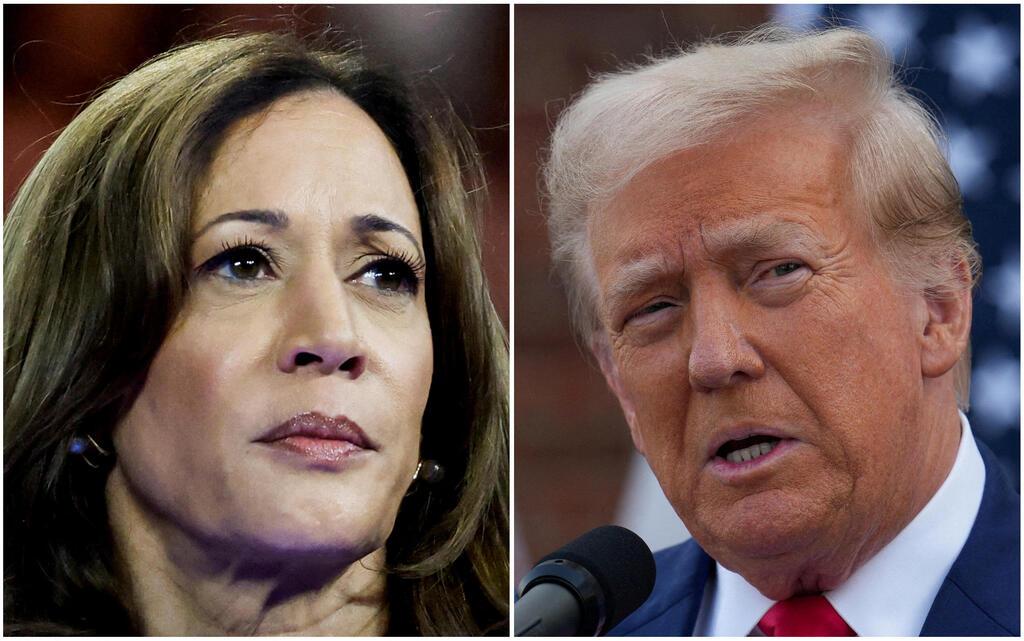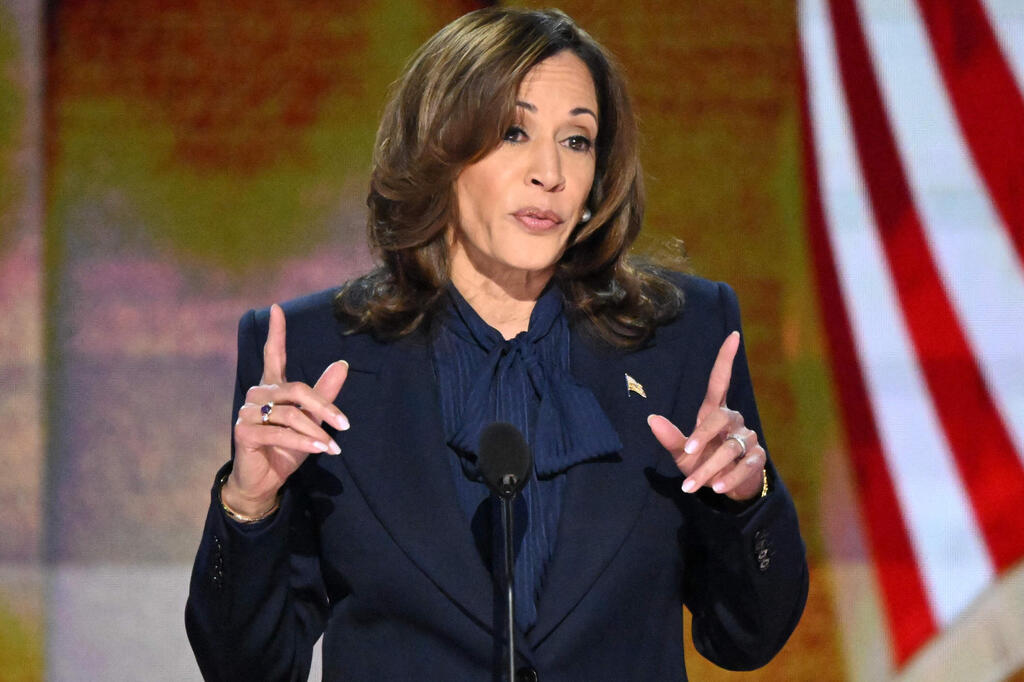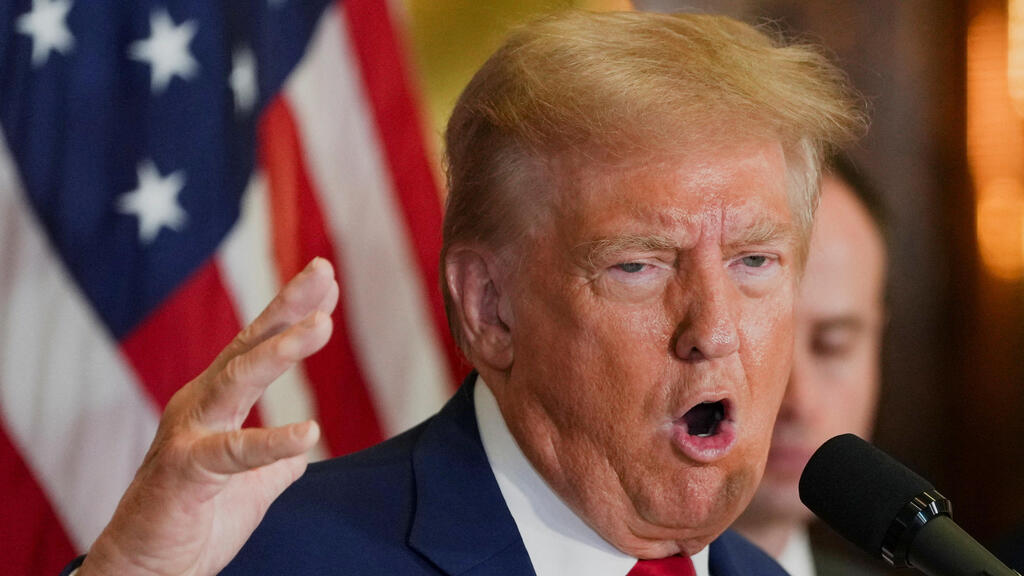Getting your Trinity Audio player ready...
A new poll by The New York Times released Sunday suggests that the rise of Democratic presidential candidate Kamala Harris may have stalled.
According to the data, former President Donald Trump, who appeared to be losing ground in August, now holds a slight national lead. The poll shows that 48% of registered voters planning to vote in November say they would back Trump, while 47% would support Harris.
One of Harris' key vulnerabilities highlighted by the poll is that a significant number of voters – 28% of respondents – admit they still need to learn more about her and her positions. In contrast, only 9% said the same about Trump. Voters will soon have a chance to hear more from both candidates during their first presidential debate, scheduled for Tuesday night.
The poll, conducted by the Siena Research Institute, is regarded as one of the more reliable surveys in the U.S., underscoring its importance. However, despite Trump's national lead, two key factors should be noted: first, his advantage is well within the poll’s margin of error (3%), meaning the race remains statistically tied. Second, in U.S. presidential elections, the winner isn’t determined by the popular vote but by securing the most electoral votes across different states.
The New York Times highlights that in the seven battleground states likely to decide the race, the contest remains extremely close. Harris holds a slight edge in three states – Wisconsin (10 electoral votes) and Michigan (15 electoral votes) by 2%, and Pennsylvania (19 electoral votes) by 1%. In the remaining four states, the race is essentially tied, with both candidates hovering around 48%: Nevada (6 electoral votes), Georgia (16 electoral votes), North Carolina (16 electoral votes), and Arizona (11 electoral votes).
Regardless, national polls like this one can be valuable for gauging overall trends and voter sentiment. The New York Times notes that Sunday’s poll could signal a necessary "return to reality" for Democrats following the excitement of last month’s party convention in Chicago, which had led to a surge in support for Harris.




